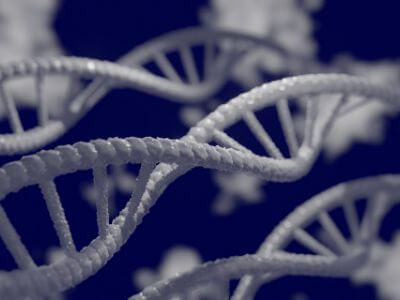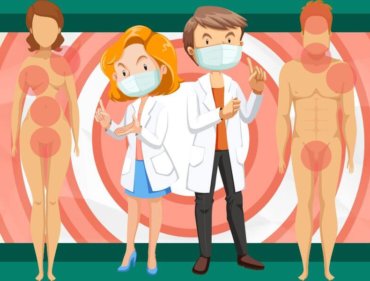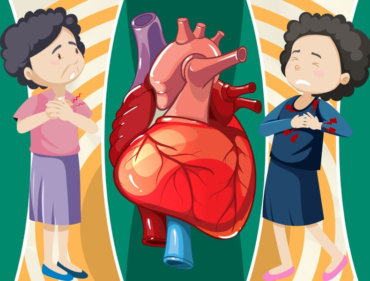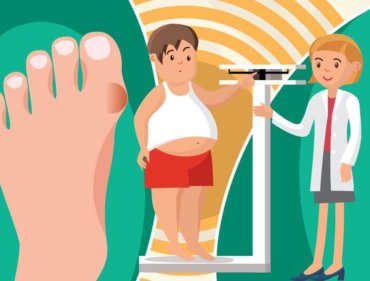Eating disorders are serious medical conditions associated with persistent eating behaviors that have a detrimental effect on your health, your emotions, and your ability to function in major areas of your life. The most common eating disorders are anorexia nervosa, bulimia nervosa, and binge-eating disorder.
Typical eating disorders involve focusing too much on weight, body shape, and food, which can lead to dangerous eating behaviors. Your body will not be able to absorb appropriate nutrients if you practice these behaviors. Eating disorders can harm the heart, digestive system, bones, teeth, and mouth, and lead to other diseases.
Although eating disorders can develop at any age, they are most prevalent in adolescents and young adults. The eating disorder can often lead to serious complications that can be reversed in the course of treatment.
Symptoms of Eating Disorder
The physical signs and symptoms of Eating Disorder are related to starvation. The emotional and behavioral complications associated with anorexia include unrealistic perceptions of body weight and a fear of gaining weight.

Physical Symptoms of Eating Disorder
- Extreme weight loss or not making expected developmental weight gains
- Fatigue, insomnia, and dizziness
- Bluish discoloration of the fingers
- Hairfall, absence of menstruation, and intolerances of cold
- Constipation and abdominal pain
- Dry or yellowish skin
- Irregular heartbeat and low blood pressure
- Selling of the arms, legs, and dehydration
- Eroded teeth and calluses on the knuckles from induced vomiting
Emotional Symptoms of Eating Disorder
- Severely restricting food intake through dieting or fasting
- Excessive exercise
- Bingeing and self-induced vomiting to get rid of food
Behavioral and Emotional Symptoms of Eating Disorder
- Preoccupation with food
- Cooking elaborate meals for others but not eating them
- Frequently skipping meals or refusing to eat
- Denial of hunger
- Eating only a few certain safe foods
- Fear of gaining weight that may include repeated weighing or measuring the body
- Frequent checking in the mirror for perceived flaws
- Complaining about being fat or having parts of the body that are fat
- Social withdrawal, insomnia, and irritability
Causes of Eating Disorder

The exact cause of eating disorders is unknown. As with other mental illnesses, there may be many causes, such as:
- Genetics and biology. Several genes might increase the risk that an individual will develop eating disorders. Biological factors, such as changes in brain chemicals, may play a role in eating disorders.
- Psychological and emotional health. A person suffering from an eating disorder may also suffer from psychological and emotional issues that contribute to the disorder. They may have low self-esteem, perfectionism, impulsive behavior, and troubled relationships.
- Family history. Eating disorders are significantly more likely to occur in people who have parents or siblings who’ve had an eating disorder.
- Other mental health disorders. People with an eating disorder often have a history of anxiety disorder, depression, or obsessive-compulsive disorder. Stress may also bring changes and affects your way of eating.
- Dieting and starvation. Dieting is a risk factor for developing an eating disorder. Starvation affects the brain and influences mood changes, rigidity in thinking, anxiety, and reduction in appetite. There is strong evidence that many of the symptoms of an eating disorder are actually symptoms of starvation.
Spread Awareness Now!
Increase your awareness & improve care for those who have or are at risk of developing eating disorders. Awareness can lead to prevention and early diagnosis and treatment. Knowing about eating disorders can also increase understanding, empathy, and decrease the stigma associated with mental illness and eating disorders.






















